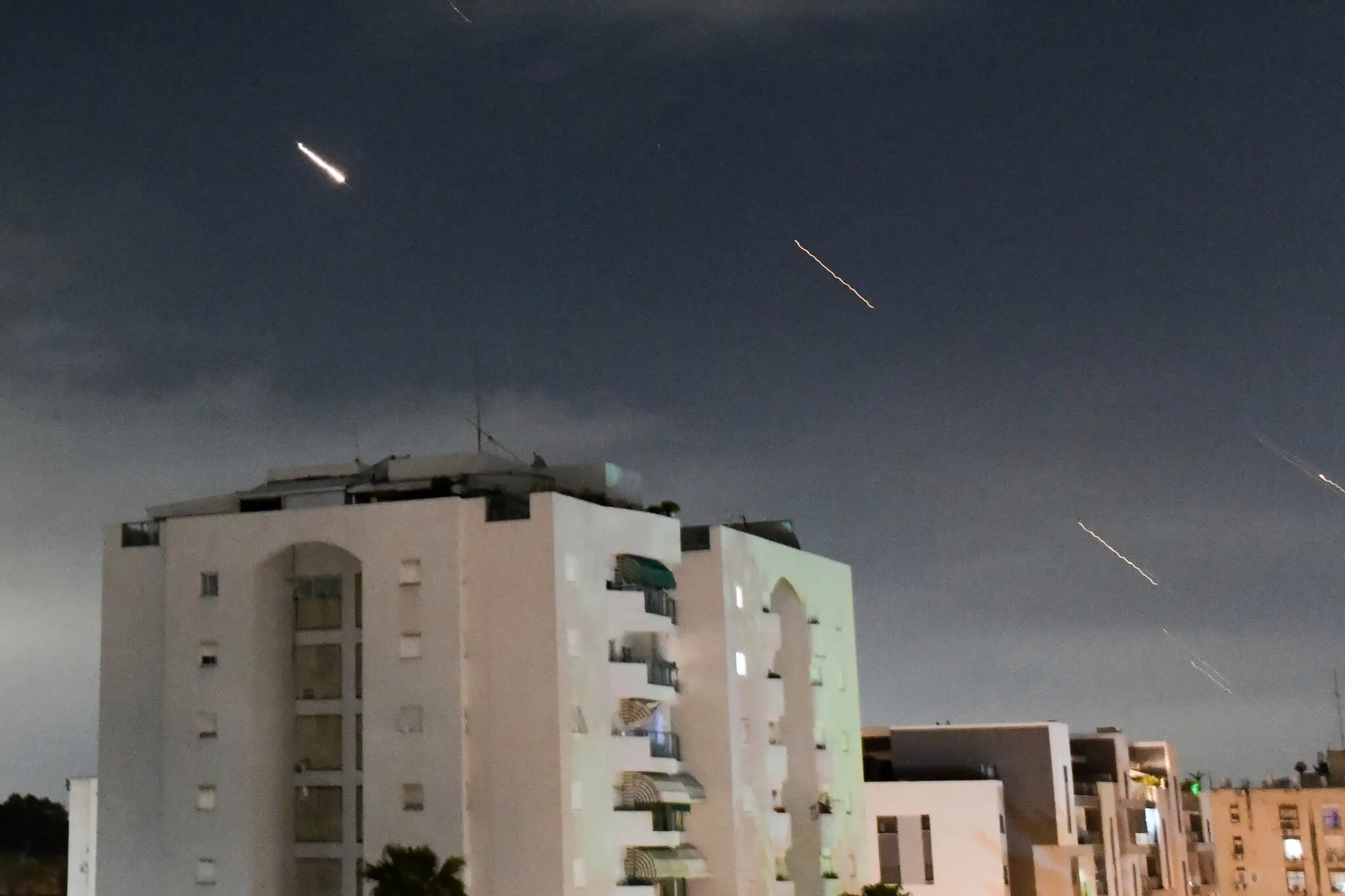The Shinzo Abe Initiative condemns the Iranian attack on Israel over the weekend, which has the potential to provoke the crisis in the Middle East even further into a regional war. However, we also urge caution regarding an Israeli response, that their government should not take up a strong or escalatory military action against Iran at this moment. Restraint should be exercised in situations where offramps are exceedingly rare. We agree with the US’s assessment that it does not support a retaliatory strike on Iran, and we agree with G7 member-states in advising restraint in dealing with the situation.
Although this was a bombastic attack by Iran, which included waves of missiles and drone launches from within Iranian territory rather than just its proxies in the region, defense cooperation between not just Israel, the US, and the UK, but also local partners such as Jordan and (reportedly) Saudi Arabia, helped neutralize the attack. Still, it was clear that Iran had been telegraphing a strike for hours and even days, using very slow moving drones and clearing out airspaces, which helped prepare against the attack.
One of the positive points of this unfortunate event is that it demonstrates a capacity for coordination or mutual coexistence between Israel and Arab states, in the face of a common enemy. This can be a track towards normalization of relations in the region, or a track towards peace in the current Israeli-Hamas conflict. There are lessons and issues on conflict diffusion and escalation to be drawn from this flashpoint.
